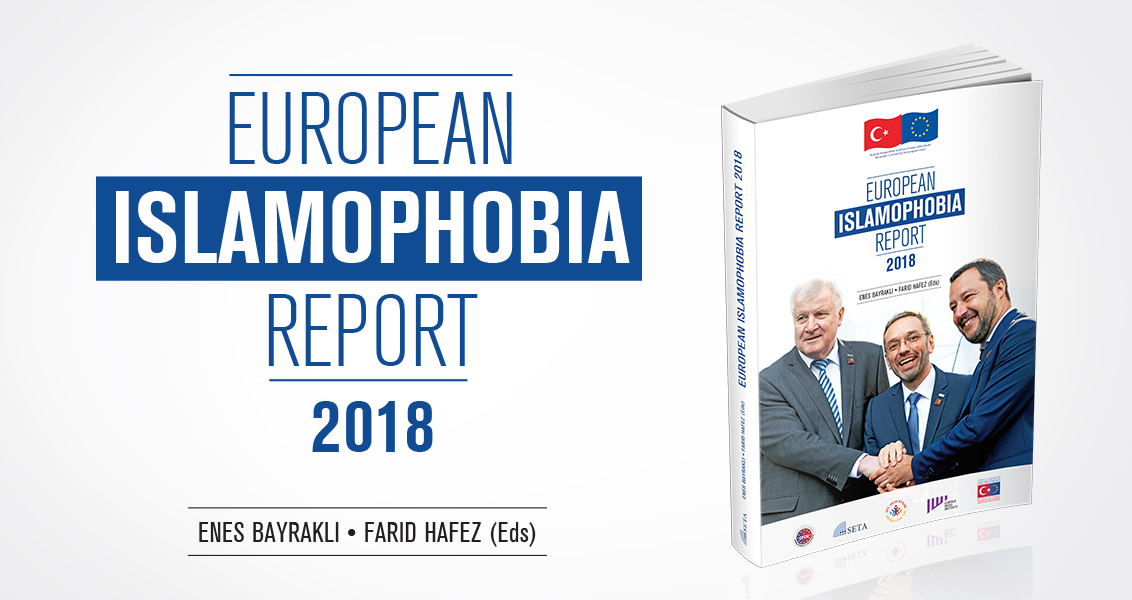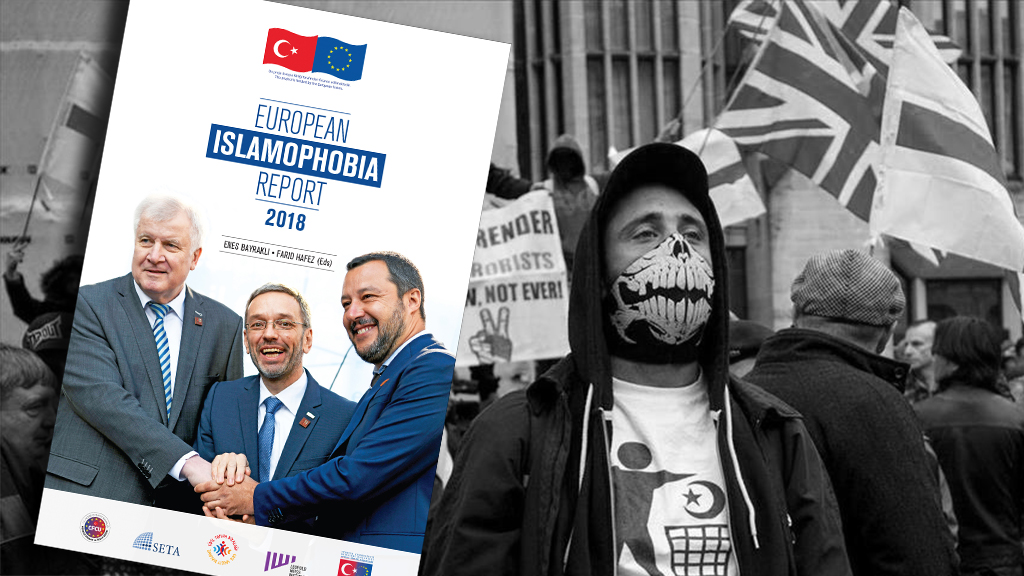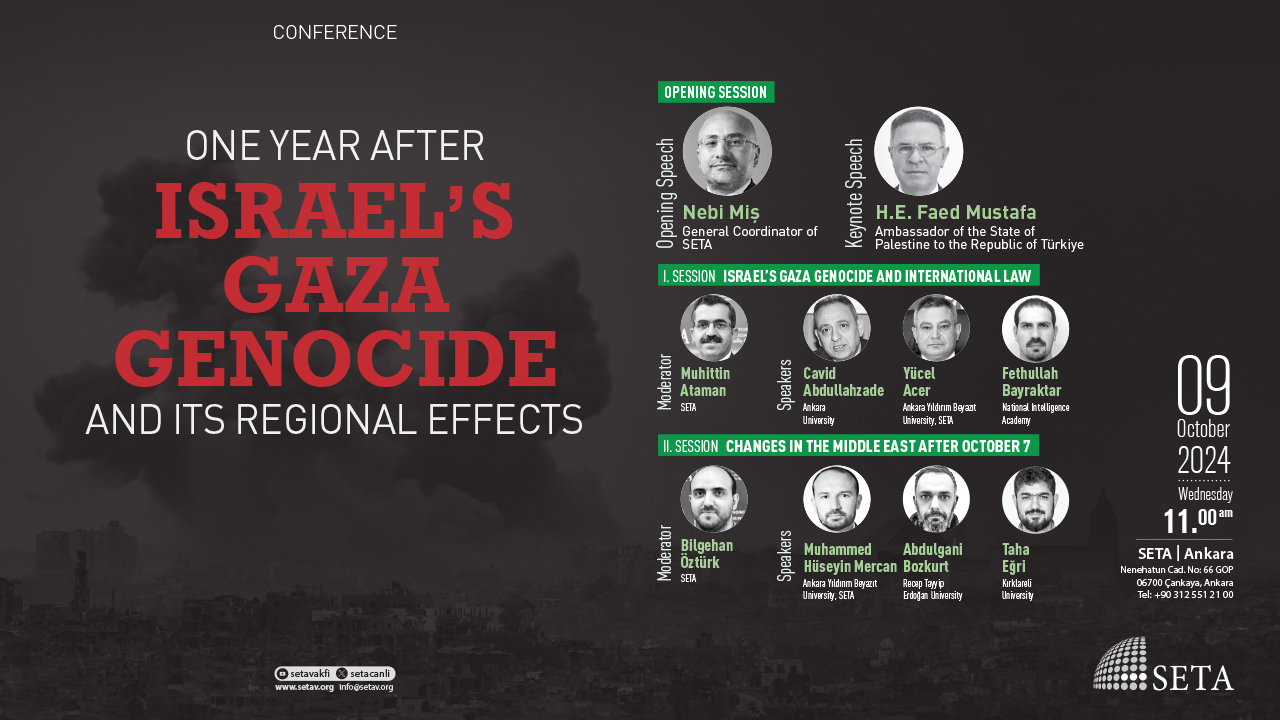- Islamophobic incidents across Europe in 2018 Violent acts result from the dehumanizing ideology of racism, and Muslims were increasingly becoming victims solely because of their faith, said the report. Around 70 cases of Islamophobic incidents were recorded in Belgium, where 76% of the victims were female, it noted. In Austria, 540 cases of Islamophobic incidents were recorded in 2018, compared to 309 cases in 2017 -- a rise of approximately 74% of anti-Muslim racist acts. In France, 676 Islamophobic incidents were documented in 2018 against 446 in 2017 with a 52% rise. Among these 676 incidents, 20 involved physical attacks (3%), 568 discrimination (84%), and 88 of them involved hate speech (13%). In Germany, there were 678 attacks on German Muslims, including 40 attacks on mosques. Some 1,775 attacks were on refugees, 173 on asylum homes, and 95 on aid workers in Germany, according to the report. In the Netherlands, 91% of a total of 151 incidents of religious discrimination reported to the police was against Muslims. Religiously motivated crime in England and Wales rose by 415% from 2011 to 2018, the report noted. SETA is a non-profit research institute dedicated to innovative studies on national, regional, and international issues. [AA, 30 September 2019] Click the banner for the full report:To mark the European day against Islamophobia, SETA Foundation publish the European Islamophobia Report 2018. This report is supported by the EU Civil Society Dialogue Program. You can download the report here: https://t.co/HdQTF3Wurc | @EnesBayrakli @ferithafez #EIR2018 pic.twitter.com/PLRJu0DXjC
— SETA (@setavakfi) September 27, 2019









